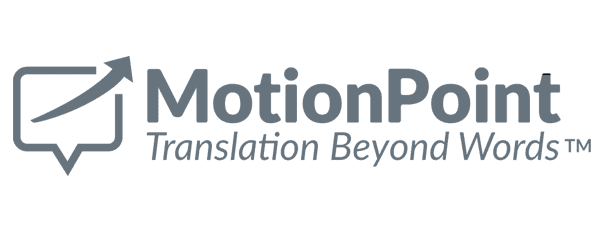




When you enter a new global market, you invest in outstanding sales people. But if you immediately overburden those folks with tasks beyond their core competencies-like website translation-you're threatening the fate of the very business you're trying to build.
Your global sales professionals represent the engine that will help drive growth, revenue, and new customer acquisition. They don't have time for translation. Just take a look at the mountainous workload they're already dealing with:
So while it can be tempting to also ask your new in-region people to serve as de facto translators for your marketing teams, it's simply not a sustainable approach. They'll collapse under the strain, or deliver subpar translations due to being overextended, a lack of experience, or both.
Since in-country sales people are typically native speakers with knowledge of the local culture, it makes sense to add translation to their responsibilities—at least at first glance.
The reality is far more complicated. Those translation activities will gobble up hours that should be devoted to sales and driving revenue. (Remember, that's the reason these professionals were hired in the first place.) There's no question that content translation might be useful in raising brand awareness and softening the market a bit, but it's a distant second to a sales teams' primary job.
By asking these professionals to become translators, your company will immediately encounter several key challenges:
1: Sales people are not trained as translators. Authentic and accurate translation requires a specific set of skills and experience. Lousy translations can erode brand trust, compromise customer experience and even surface risks on regulatory or compliance issues.
2: As a key front-line resource designed to drive and capture demand, sales people are often among the top tiers of a company’s payroll. Professional translation can often be done much better—for much less money.
3: Salespeople are very busy, and their first priority is not likely to be translating a brochure or copy for your website. Your business moves too fast for that. Working with specialized translators is the best way to ensure quick and timely turnaround so you can get your materials in market—and used with your clients—faster.
Scaling a business globally is anything but a template. Depending on the business, there are unexpected challenges, nuances of local business culture and widely varying levels of support for in-region teams.
Rather than rolling the dice and hoping for usable translations from teams who are already tasked with hefty in-region responsibilities, it's better to work with a pro translation team. Those experts know how to get that work done quickly, efficiently and with mission-critical local expertise.
There are better ways for your in-country teams to spend their time—and there are far better ways to localize your marketing assets and your website for global markets.
Digital-first agencies that specialize in the unique challenges of website translation offer powerful technology-based solutions that remove the translation and operational responsibilities from your local teams. That empowers your people to focus on their core duties.
Using a fully-turn key proxy solution for website translation can eliminate the continual challenges of building, launching and managing localised websites. They can automatically detect new content as it appears on your flagship site, and immediately route it to linguists for translation. The best agencies reliably localize, edit, review, QA and publish those translations in about one working day. They also make that localised content available to you for re-use in any way-for any channel-you wish, at no additional cost.
Perhaps best of all, the entire project requires practically no effort from your personnel—be they in your flagship market, or on the ground selling in global markets.
Your sales professionals are on the front lines of business development in new regions. Their skills and experience are essential for identifying and engaging new customers, building brand awareness and finding opportunities to deliver targeted products and services.
Don’t distract your team from their core responsibilities with onerous translation tasks. Instead, your organisation should explore new approaches that offer hands-off automation, high quality, speed and scalability through advanced technology.